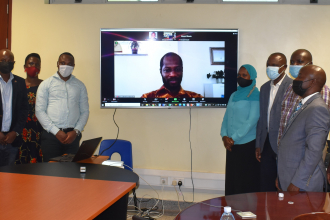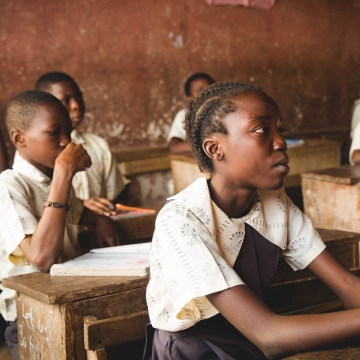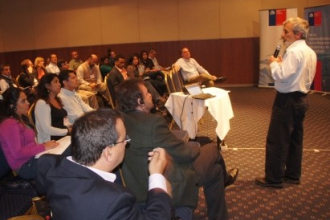
Makerere wins two EfD 2021 Sida Grants worth USD 144,918
A team of researchers from Makerere University led by Dr. Aisha Nanyiti and Dr. Fred Matovu have won two of the Environment for Development Initiative (EfD ) 2021 Grants worth USD 144, 918 funded by…


